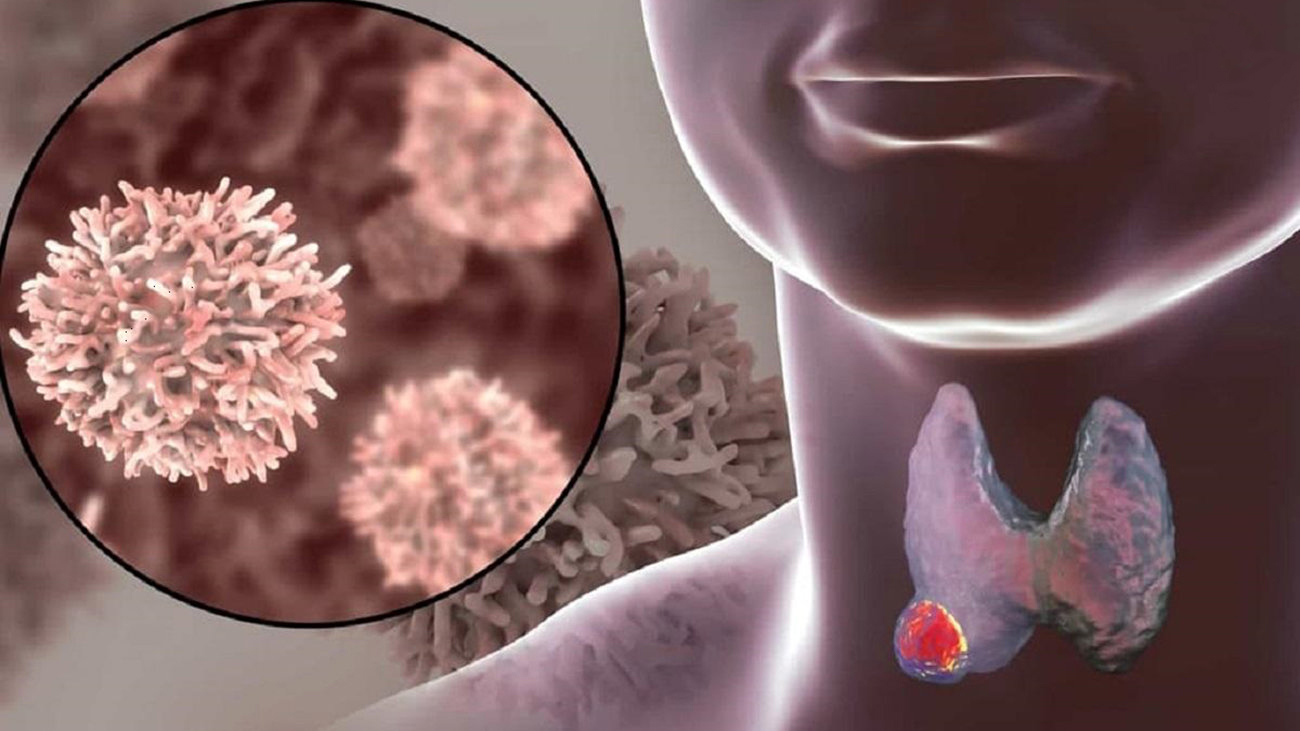What is iodine deficiency?
Iodine is a mineral that is needed for the production of thyroid hormone. The body does not make iodine, and as a result, the iodine needed by the body must be provided through the diet. This mineral is found in various foods.
What does iodine deficiency mean?
If you do not have enough iodine in your body, your body cannot make enough thyroid hormone. As a result, iodine deficiency can cause the enlargement of the thyroid gland (which is called goitre), and iodine deficiency can lead to hypothyroidism and cause mental retardation in infants and children whose mothers had iodine deficiency during pregnancy.
In Iran, the prevalence of iodine deficiency has been reduced and eradicated by the introduction of iodized salt. Despite this, in many countries of the world, there is not enough iodine in the food, and iodine deficiency is still prevalent as an important health problem among human societies. Approximately 40% of the world’s population is at risk of iodine deficiency.
What are the symptoms of iodine deficiency?
All symptoms related to iodine deficiency affect the thyroid, which include:
Goitre: In case of goitre, the thyroid grows regularly due to the lack of sufficient iodine and trying to make the required amount of thyroid hormone (which is called goitre). Iodine deficiency is the most common cause of goiter all over the world. Nodules may grow inside the goitre. Patients with very large goitre may feel suffocated especially when sleeping, on the other hand, they may have problems swallowing and breathing.
Hypothyroidism: The lower the amount of iodine in the body, the higher the probability of thyroid dysfunction because this gland needs iodine to make thyroid hormones.
Disorders related to pregnancy: Iodine deficiency is very important especially in pregnant and lactating women. Severe iodine deficiency in mothers is associated with miscarriage and stillbirth, premature birth and congenital disorders in the baby. Children of mothers who had severe iodine deficiency during pregnancy may suffer from mental retardation, developmental, hearing and speech disorders. Severe types of iodine deficiency and hypothyroidism can cause. (a syndrome characterized by permanent brain damage, mental retardation, deafness, muscle contraction and stiffness, and short stature) Congenital thyroid dysfunction caused by iodine deficiency is the most common preventable cause of mental retardation in the world. Even mild iodine deficiency during pregnancy can lead to a decrease in children’s IQ.
What is the cause of iodine deficiency?
Since the body is not able to make iodine, its amount in the body is related to its consumption through food. As a result, iodine deficiency occurs when the amount of iodine in food is not enough. Iodine exists naturally in soil and sea water. The availability of iodine in foods is different in different regions of the world. The most important ways to provide the iodine needed by the body is to consume foods that contain a lot of iodine, such as dairy products, seafood, meat, some types of bread, eggs, and also to consume multivitamins that contain iodine.
How is iodine deficiency diagnosed?
Normally, iodine is studied among a sample of the population of a certain region and is not done individually. Since iodine is excreted in the urine, the best way to diagnose iodine deficiency in a large population is to measure the amount of iodine in their urine. In these conditions, when the average concentration of iodine in the urine of a population is less than 50 micrograms per liter, iodine deficiency is diagnosed.
How is iodine deficiency treated?
There is no test to definitively determine whether iodine is sufficient in the body. When iodine deficiency is seen in a population, the best way to treat it is to make sure that the amount of iodine in the food that is normally consumed by people is sufficient. Since even mild iodine deficiency during pregnancy can affect the mother and milk and the development of the child, all pregnant and lactating women should use multivitamin tablets containing at least 150 micrograms of iodine.
How to prevent iodine deficiency
Like many diseases, preventing iodine deficiency is better than treating it. During the last 80 years, many efforts have been made in the whole world to eradicate iodine deficiency. In fact, eradicating iodine deficiency has been one of the main goals of the World Health Organization. The use of iodized salt is the main method of treating iodine deficiency all over the world, also in the regions of the world where the use of iodized salt is not possible, injection of iodized oil is used. Iodization of drinking water has also been effective in some areas.
The amount of iodine required by the body per day for adults is recommended to be 150 micrograms. A teaspoon of iodized salt contains about 400 micrograms of iodine. Most multivitamins containing iodine have 150 micrograms of iodine. The daily need for iodine for pregnant women is 220 micrograms and for lactating women is 290 micrograms per day. It was further mentioned that due to the severe effects of iodine deficiency on pregnant women and their babies, it is recommended that pregnant women and lactating women take multivitamins containing 150 Use micrograms of iodine. Food sources containing iodine are as follows:
Bread, iodized salt, cheese, saltwater fish, cow’s milk, oysters, eggs, soy milk, yogurt, soy sauce, ice cream, multivitamins containing iodine.
Does excessive zinc cause a problem in consuming iodine?
Excessive consumption of iodine can be dangerous. This issue is especially true in people who have underlying thyroid disease such as thyroid nodule, hyperthyroidism, or autoimmune thyroid disease. Excessive consumption of iodine through drugs (such as amiodarone), imaging diagnostic procedures (such as contrast agents containing intravenous iodine) or a diet containing high amounts of iodine can cause hyperthyroidism and hypothyroidism or aggravate these two conditions.
In addition, people who travel (immigrate) from iodine-deficient areas (such as Europe) to iodine-sufficient areas (such as the United States) may develop thyroid disorders because their thyroid has become accustomed to iodine deficiency and can absorb iodine well. absorb and use it, therefore, consuming more iodine causes the thyroid gland to overwork.





